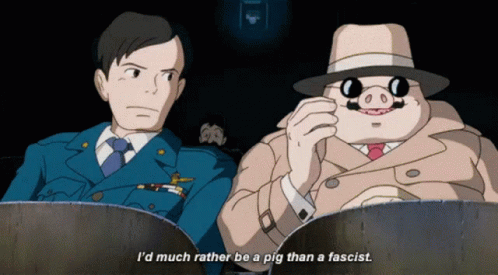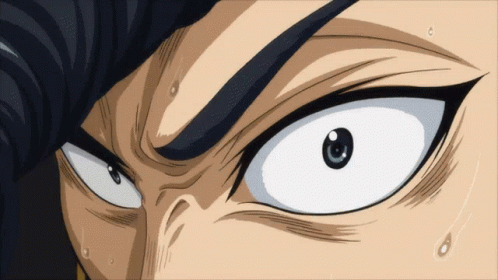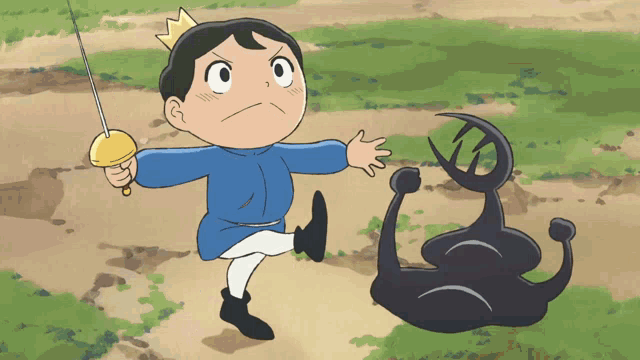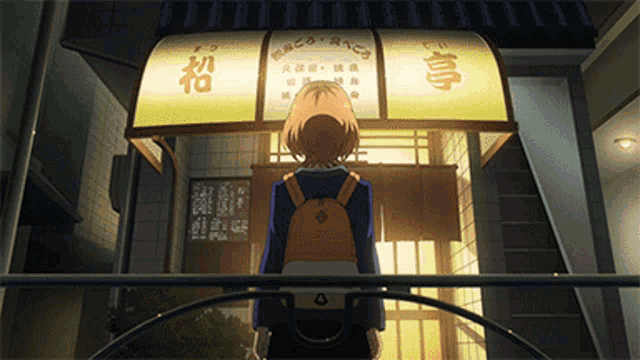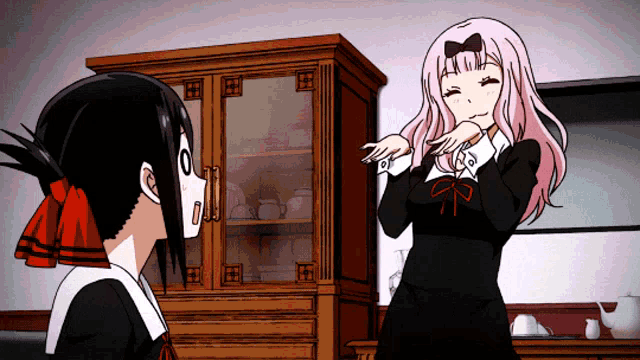S2:E4 Post-Internet Ballet Clubbing

I've been experimenting lately with different methods of self-expression in pursuit of some medium that would allow me to be as close to the real me as I could be. But I've already run into two problems: first, probably nothing could capture my attention for so long that I could call it my method of choice; and second, I'm not even sure what the "real" me needs that I'm not getting from what I have access to already.
In other words, it's a fool's errand...though only because I'm setting myself up to fail. Any medium or tool could become an outlet if I gave it the time, but I'm likely to move on if I can't experience the satisfaction of saying everything I want to right away. So if this search for the Goldilocks zone has taught me anything, it's that I'm incredibly impatient. What do you mean I have to learn first? Let me compose a 45-minute orchestral soundtrack now.
This Morning There Is No More Internet
Imagine that you wake up one morning and there's no longer an Internet – how would your day look from there?
My friends and I are among the last of a generation who experienced part of our childhood in a world where Internet access was not yet mainstreamed in city life. While our memories might be fuzzy, we still remember how we went about our day – and so we might initially meet the dissolution of the digital world with a kind of nostalgia for those simpler times. At least I would, before the consequences of such a reality settled in.
I think I would be most distressed by the sudden inability to communicate with friends and loved ones. While I can reach a handful of friends by phone and text, the vast majority of my connections, including my partner and her family overseas, are maintained via Messenger. That said, given time, anyone who wants to talk would find a way. Keeping in touch abroad might be a little more inconvenient, but as I recall my parents scratching the silver ink off phone cards to make calls to family in Sylhet, I realize it's nothing I haven't seen dealt with before. And as for the rest – from losing access to all the world's knowledge through the palm of my hand, to having to venture on foot to find incredibly specific items off my shopping list – I feel like I'd learn to manage, maybe even welcome the freedom from optimizing every task and interaction.
Am I being too optimistic? I realize I'm being quite imprecise with my language: just how deep does the end of the "Internet" take us? Does it also include the end of WiFi, i.e., the exchange of data via radio waves, and if so, should we suppose that other radio-based communication has to end as well? Is it just the end of the World Wide Web, or the entire system of computer networks containing the world's data, including our money and savings? All of these things mean different things, and I think they're worth considering. I guess all I'm saying is that if the state of the digital world reverted to circa 2002 when my sister and I would only use the computer for Pinball, Paint, and Mavis Beacon, I don't think I would be too pressed. Though it's worth mentioning that it's thanks to the explosion of online content available in the years that followed that we learned about the many kinds of manga and anime that at least in part led us to who we are today.
Anyway, I started wondering about this alternate universe since reading Jonathan Crary's Scorched Earth, in which he argues that the end of capitalism and its empires necessarily requires the end of the Internet, as the Internet and the digital world have been developed with the intent of devastating our communities and relationships to facilitate consumption and extortion. It was an interesting read, especially because until now, I've been wondering how we could "take back" the Internet and our digital space. I never thought to consider that maybe they don't need to be an inevitable part of our future, especially judging by the energy and natural resources necessary to maintain them. I can't deny that the Internet has served an important role in my becoming me, but should it be so hard to imagine a world where we can live without it?
What I'm Enjoying
Scorched Earth: Beyond the Digital Age to a Post-Capitalist World, by Jonathan Crary: Honestly, what first drew me to the book was that it's just over 120 pages. Given Crary's hot take on the inevitable destruction that technology brings, though, I do wish he had written more. For example, one of his arguments seems to be that the digital world can never become a radical space for organizing by nature of the corporations running it. What would he make then, of the Arab Spring and BLM? He also suggests that social media impedes community-building by overemphasizing and commodifying individual difference to the point of keeping us isolated. But what about minorities who learned who they are, and about others like them, through blogs and forums and their tumblr dashboards? Ultimately, I think it's important to remember that however compelling his writing may be, Crary is still an old white guy – I'd like to see how authors from other backgrounds carry out his argument.
It's a stacked season of anime this spring! I've started a few different shows that seem fun:
Ya Boy Kongming!: The Three Kingdoms military strategist Zhuge Liang is reborn in the middle of present day Shibuya and becomes the manager of aspiring professional singer Eiko. I always love a new isekai that isn't about a sad office worker, and never thought I wanted to see club culture and Chinese history meet onscreen.
Spy×Family: For reasons of their own, a secret agent, assassin, and a telepathic little girl come together as a family, figuring out what that means in the process. There are only two episodes out, but really every frame of six(?)-year-old Anya's antics is iconic!
Dance Dance Danseur: A middle school boy Junpei struggles to reconnect with his hidden love of ballet after a classmate invites him to her family's studio. The first episode features a lot of hand-wringing as Junpei repeatedly denies his interest out of a commitment to performing the macho athlete at school. While I want him to get over it already so that we can see more dancing, he's also behaving exactly like a teenage boy overcompensating for society's gendered expectations. I'm curious to see how the show handles his insecurity.
Shikimori's Not Just a Cutie: Speaking of gendered expectations, as accident-prone Izumi finds himself constantly rescued by his girlfriend Shikimori, he wonders if he should be doing more for her. Meanwhile, Shikimori's friends try convincing her to play down her athleticism so that she can get Izumi's attention. At the end of the first episode, the couple reassure each other that they are fine exactly as they are – but I guess they won't be convinced so easily...
Word of the Week
パリピ (paripi), n. , a contraction of "party people". The Japanese title of Ya Boy Kongming! is Paripi Koumei, which also uses the Japanese reading of his name. My former colleague used the term disparagingly to describe the overly outgoing graduates of Tokyo's private universities.
Song of the Week
I've come to appreciate my high school's music and art history classes – I'm not sure where else I would have learned about Philip Glass, for example. The other day, as the deep chanting of Koyaanisqatsi inexplicably echoed in my mind I decided to give it a listen, and discovered a newfound appreciation for the piece. I wish I had the vocabulary to describe it musically, but what I can say is that it would be the BGM of my apotheosis.
